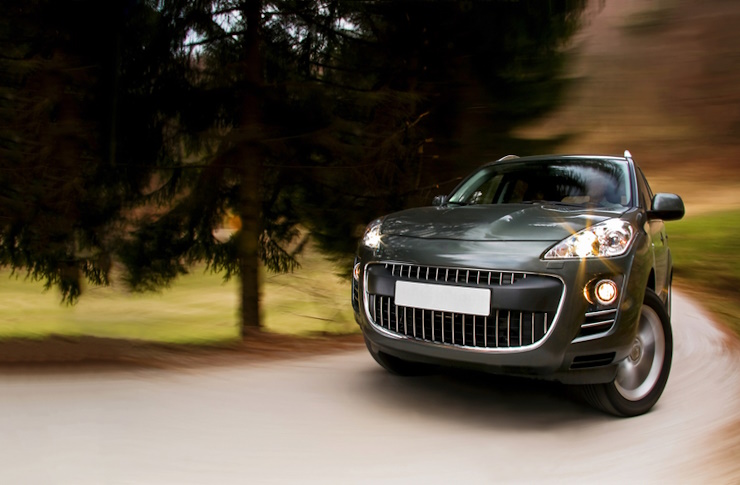Mastery of the Modern Diesel Engine: A Deep Dive into Diesel Innovation
The diesel engine, often overlooked in favor of its gasoline counterpart, holds a unique position in the automotive world. This piece aims to delve into the intricacies of the modern diesel engine, exploring its advancements, challenges, and impact on the automotive industry.

Diesel Engines: A Historical Perspective
The diesel engine, named after its inventor Rudolf Diesel, has a rich and complex history dating back to the late 19th century. Diesel, a German engineer, designed the engine to optimize efficiency and fuel consumption. Over time, the diesel engine has undergone substantial transformations, adapting to societal needs and technological advancements. From powering commercial trucks and large vehicles to fueling high-performance cars, diesel engines have played a versatile role in the automotive industry.
Modern Diesel Technology: Strides in Efficiency and Performance
In recent years, diesel technology has witnessed significant advancements. High-pressure common-rail (CR) direct fuel injection, for instance, has revolutionized the way diesel engines function. This system, which involves injecting precise amounts of diesel into the combustion chamber, allows for increased engine efficiency and performance. Furthermore, developments in turbo-diesel technology have enhanced power output, making modern diesel engines more competitive with their gasoline counterparts.
The Diesel Debate: Emissions and Environmental Impact
Despite their efficiency and power, diesel engines have been under scrutiny for their environmental impact. Diesel engines emit higher amounts of nitrogen oxides and particulates, which contribute to air pollution. However, technological advancements such as Diesel Particulate Filters (DPFs) and Selective Catalytic Reduction (SCR) systems have been implemented to reduce these emissions, demonstrating the industry’s commitment to more sustainable practices.
Diesel in the Automotive Market: Current Trends and Future Prospects
The automotive market has seen a shift in consumer preference towards gasoline and electric vehicles, partly due to environmental concerns. Nonetheless, diesel engines continue to hold their ground, particularly in commercial and high-performance sectors. The future of diesel technology hinges on continued advancements in emission control and fuel efficiency, which industry experts believe are achievable.
The Diesel Difference: Impact and Implications
The evolution of diesel technology has had profound implications on the automotive industry. Its impact extends beyond fuel efficiency and performance to broader issues such as environmental sustainability and market trends. The journey of diesel engines, from their inception to the modern iterations, provides a fascinating insight into automotive technology’s evolution and its potential trajectory.
Diesel engines, with their complex mechanics and evolving technology, represent a vital part of automotive history and future. Despite facing challenges, their resilience and adaptability demonstrate the enduring relevance of diesel technology in our increasingly diverse automotive landscape. As the industry continues to innovate, one can only anticipate what the next chapter for diesel engines will hold.





